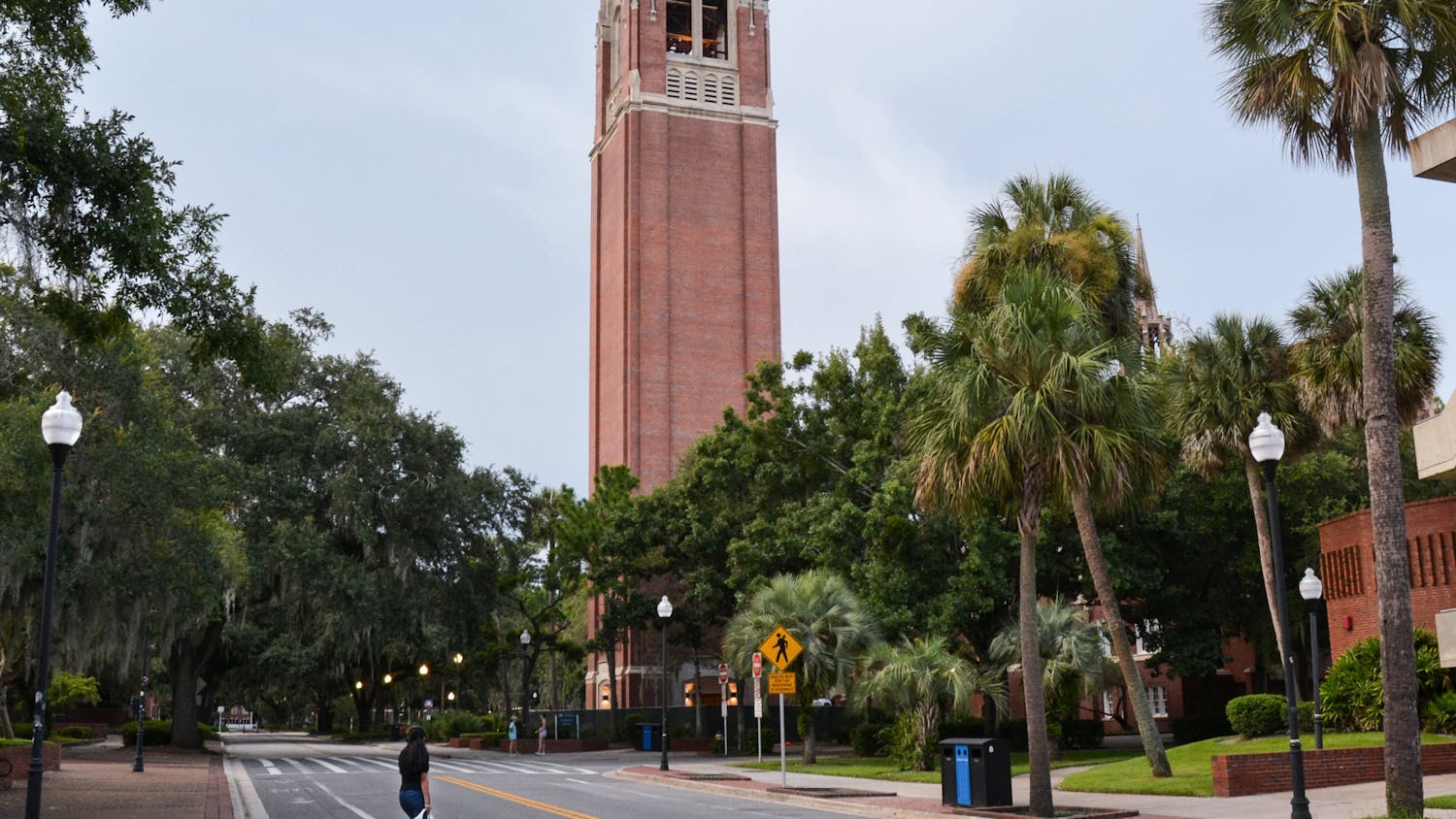A new study by a team of researchers from UF suggests that a common antibacterial agent could cause birth defects.
The findings were published in the November issue of Environment International.
The chemical triclosan is used in many common antibacterial hand washes, lotions and toothpaste, said Dr. Deborah Edgeworth, a gynecologist and obstetrician who’s familiar with the study.
“We don’t need to be alarmist, but this is a strong warning point about some of the chemicals we use in everyday life,” she said.
The study is still in its initial stages and deals with sheep placenta, she said.
The placenta serves a number of vital functions, including getting oxygen to the fetus, transporting nutrients and taking away the baby’s waste products, said Dr. Gregory Morrow, another gynecologist and obstetrician familiar with the study.
Morrow said the reason triclosan could be a dangerous chemical is that it is thought to disturb the placenta’s ability to metabolize estrogen.
Estrogen and progesterone are important chemicals in fetal brain development. If there are missing enzymes that process estrogen, the baby can be born with ambiguous genitalia or brain defects, he said.
The majority of birth defects that Morrow sees are the result of genetic problems; however, environmental toxins, known as teratogens, are much more controversial.
These can include cigarette smoke, alcohol, lithium and many common blood pressure or seizure medications.
“The reason teratogens get all the press is because it is the only thing we can affect. You can control your environment, but you can’t pick your parents,” Morrow said.
While the full impact of triclosan remains to be seen, both doctors agreed that it should be limited for its use as an antibacterial agent.
“Antibacterials are as much responsible for the breeding of super viruses as they are helpful to us,” Edgeworth said.





